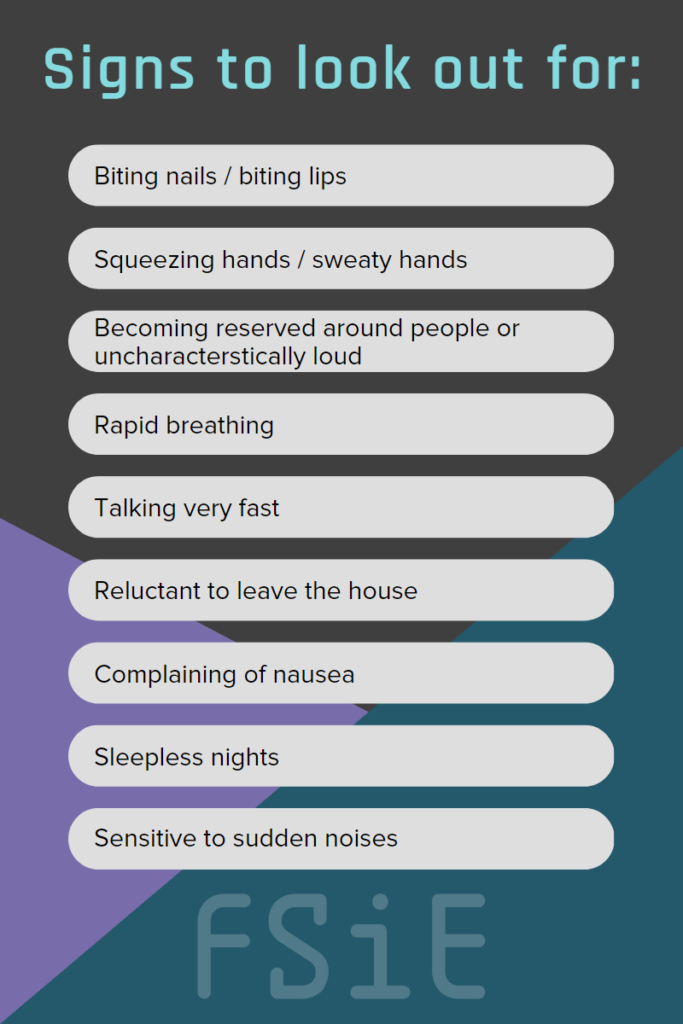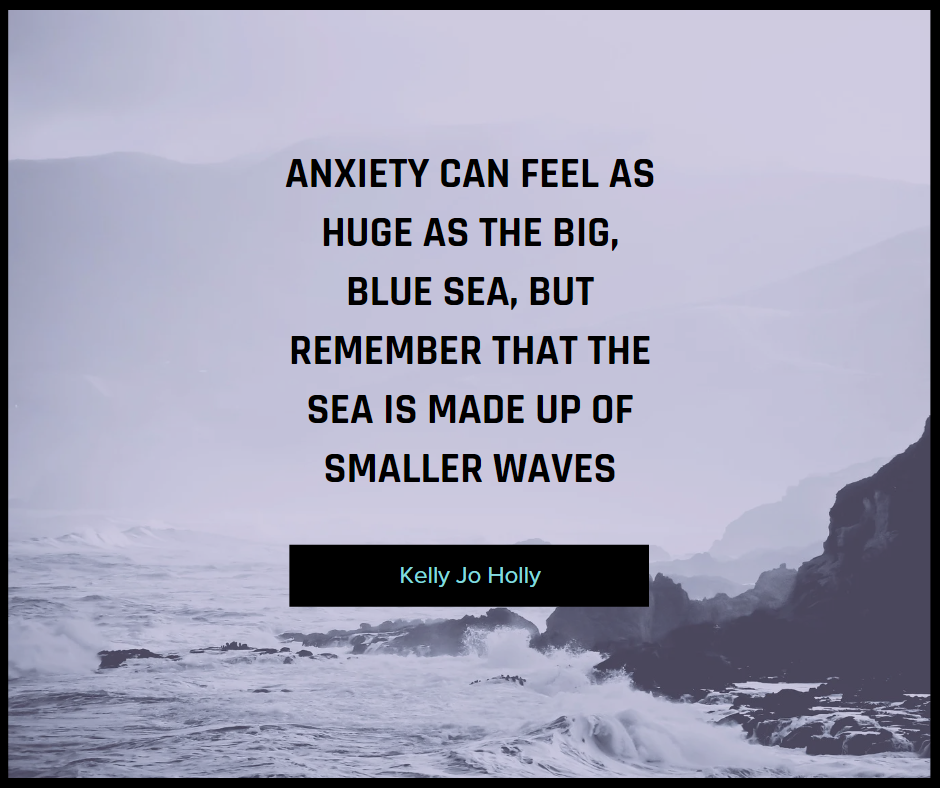When it comes to teenagers, we are all guilty of using stereotypical names and phrases, aren't we? Anti-social, grumpy, hormonal, and a few others, I'm sure!
Anxiety can affect teenagers in more ways than we can imagine. Understanding the signs and symptoms at an early stage can prevent worsening and ensure strategies are implemented. This can also decrease your anxieties about your young person.

These are only a handful of signs of anxiety that teenagers may show and if you feel your child is suffering from Anxiety there is help out there. For example, if you feel self-help isn’t working, or that it’s affecting school or family life, and it’s getting worse; You can contact your local GP for advice, (they may be able to offer CBT, Counselling or anxiety medicines), or alternatively contacting CAMHS (Children and Adolescent Mental Health services) for a referral, or maybe even… WE can help!
If you’re wondering, but why? Why is my teenager showing these signs? They’ve got nothing to worry about. Then please read on…
The important thing to remember is teenagers' emotions are very valid, and at their age are very overwhelming. What we may think is insignificant or nothing to worry about may feel very real and very serious to them, and that is okay.
Here are some strategies that could provide support and reassurance for your young person:
If your young person feels they cannot open up or speak about their anxieties to a trusted adult, you can always suggest writing a letter to themselves. Being as open and truthful with themselves as they can be. A few days later, the young person can read it back imagining someone else wrote it to think how it would help them.
To add to the useful techniques above, if your young person is out and about and experiencing signs of anxiety, a technique that can be implemented no matter the environment is ‘The alphabet game’. Encourage them to create a category and name one item for each letter of the alphabet.
We have seen a stark increase in the rise of young people experiencing anxiety, and it is impacting on their day to day lives, including education. Our Education Specialists work hard to implement strategies, like the ones mentioned above, to help their young people navigate through their feelings and experiences.
One of the most important things we can do is to accept each young person as they are, listen to the many ways they are communicating with us and validate their feelings and experiences. Once we have done this, we can journey with them to find a way through.
Please get in touch with us if you would like to know more about the work we do


Rachel is a Referrals Coordinator at Fresh Start in Education. She has over 8 years of experience in a variety of education settings with particular focus on SEN. Outside office life, Rachel cares for children with both learning and physical difficulties and diagnosis.